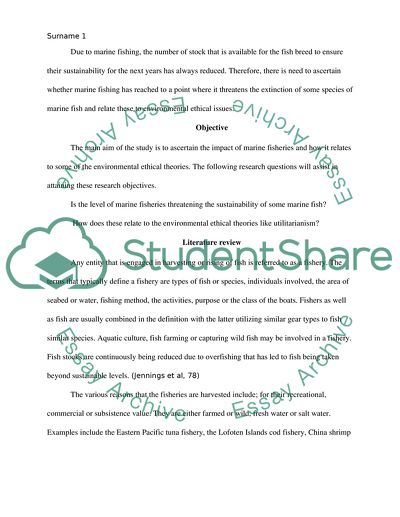Cite this document
(“Marine Fisheries Research Paper Example | Topics and Well Written Essays - 1250 words”, n.d.)
Retrieved from https://studentshare.org/miscellaneous/1700158-marine-fisheries
Retrieved from https://studentshare.org/miscellaneous/1700158-marine-fisheries
(Marine Fisheries Research Paper Example | Topics and Well Written Essays - 1250 Words)
https://studentshare.org/miscellaneous/1700158-marine-fisheries.
https://studentshare.org/miscellaneous/1700158-marine-fisheries.
“Marine Fisheries Research Paper Example | Topics and Well Written Essays - 1250 Words”, n.d. https://studentshare.org/miscellaneous/1700158-marine-fisheries.


